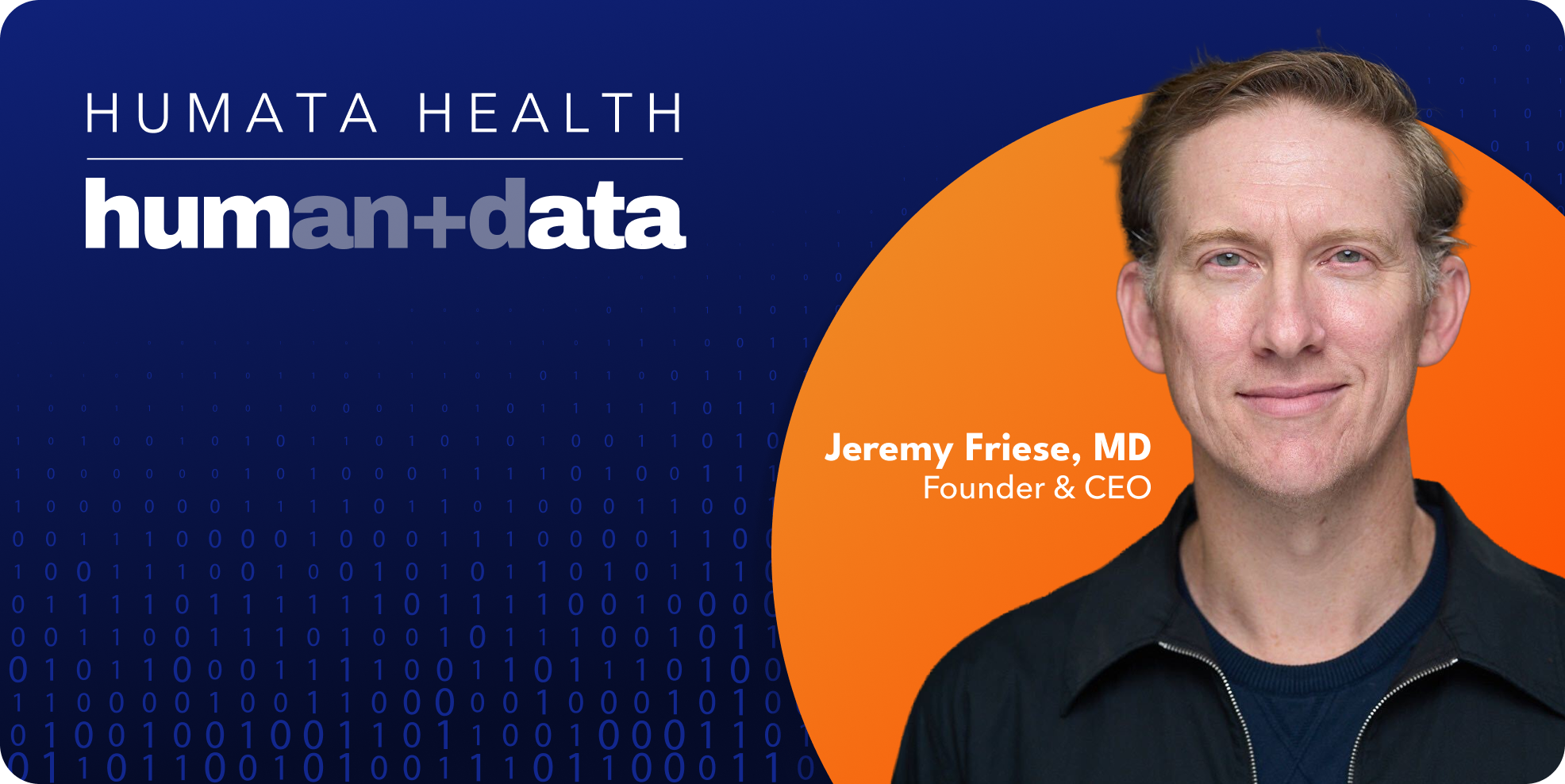
It’s been a big week for Humata Health. We’ve been picked by the Centers for Medicare & Medicaid (CMS) to be a key tech partner for its WISeR model, an initiative focused on safeguarding patients and protecting Medicare funds, in Oklahoma. We see it as a rare opportunity to help the government build a more modern, efficient and fair clinical approval process for a system that is vital to so many Americans.
WISeR launches in January 2026 in six states: Arizona, Ohio, Oklahoma, New Jersey, Texas and Washington. The pilot program targets a list of 17 items and services that have historically high rates of overuse, misuse and fraud that can negatively impact patients.
As Oklahoma’s primary tech partner, Humata will process all WISeR prior authorization requests for providers across the state. We will apply existing Medicare coverage criteria to deliver rapid automated approvals wherever possible. As a physician-led, provider-centric, patient-focused company, we work with health systems across the nation. So why did Humata decide to take part in this government initiative? Because our mission is to streamline prior auth so patients get the right care, as quickly as possible. And we feel a profound responsibility to show that this can be done the right way. Because the clinical approval system is in dire need of innovation, and we have the technology to do it on an enormous scale. Because unfortunately there is high variability of care in our country, ranging from exceptional to inappropriate. We’re all-in on this effort to safeguard patients from procedures they don’t need.
Built for Yes
At Humata we’re proud to talk about something our technology can’t do. It can approve requests immediately, but it can never deny them. Complex cases that are not a quick “yes” must go to a human clinician for review. The primary function of Humata’s AI-powered technology in the WISeR model is to accelerate approvals. By matching clinical documentation to Medicare policy criteria, Humata helps providers get a rapid “yes” decision in days, not weeks — streamlining care for the vast majority of appropriate services.
A Pervasive Problem
Each year up to 40% of Medicare beneficiaries receive a low-value service: care that the best available evidence suggests provides little-to-no benefit to patients, is likely to cause more harm than benefit, and is too expensive given its benefits. With 68 million beneficiaries in 2024, that’s roughly 27 million seniors annually receiving potentially harmful care they don’t need. Over one three-year period, U.S. hospitals performed more than 200,000 unnecessary back surgeries on Medicare beneficiaries — that’s one low-value back procedure every eight minutes — costing Medicare about $2 billion in total, according to a 2024 report by The Lown Institute.
Examples of low-value services selected for the WISeR model include knee arthroscopy for seniors, which has been shown to yield little or no benefit to people over 65, according to a 2018 Johns Hopkins study. Another item on the list is skin substitutes, materials used for wound care when natural skin grafts aren't available or suitable. Medicare spending on skin substitutes has skyrocketed — to $10 billion in 2024, a 640% increase from just two years earlier — despite limited clinical evidence and documented cases of fraud and patient harm, according to a September 2025 report by the U.S. Department of Health and Human Services.
Setting a New Standard
We were chosen as a WISeR tech partner based on our proven ability to deliver fast, transparent and accurate decisions. Our track record with our provider partners is clear: By intelligently matching clinical documentation to payer policy, Humata improves authorization cycle times by over 50% and reduces preventable denials by up to 40%. Clinical teams have seen their administrative burden lifted, with manual authorization touches reduced by 45%.
The WISeR model is a chance for us to bring to life our vision of solving PA on both sides of the fax machine. By partnering with CMS and medical providers across Oklahoma, we hope to contribute to a significant effort to make the medical insurance approval process faster, more efficient and more transparent. Picture a world where AI-powered technology brings physicians and payers together — for the good of all patients. We’re excited to help make that vision a reality.

.png)



.svg)




.svg)
